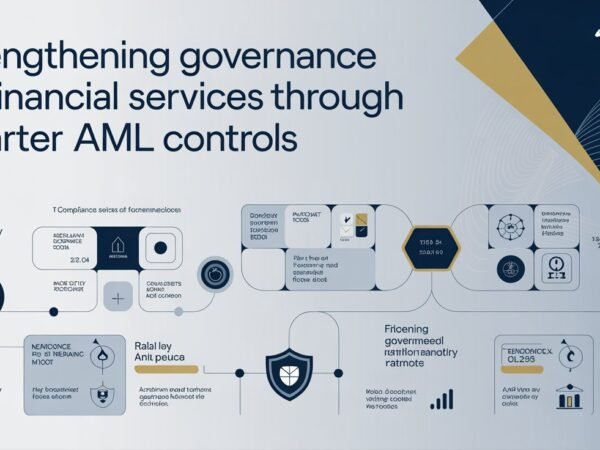What does it take to be an effective leader in today’s ever-evolving market? Businesses face constant shifts—from advancing technology to changing workforce expectations. Leaders must adapt quickly, making real-time decisions that balance the needs of their teams, clients, and the organization’s growth. Effective leadership has never been more crucial, as the market demands competence and a deep understanding of motivating and guiding people through uncertainty. The skills and insights needed are different from a decade ago. This blog will share essential insights into what makes a leader effective in today’s market, focusing on qualities that foster stability and growth.
Understanding Today’s Leadership Landscape
Today’s business environment is highly competitive, with rapid technological changes, market demands, and consumer expectations. Understanding the complexities of this environment is essential for leaders. It’s no longer just about overseeing tasks but fostering a culture that encourages creativity and resilience. Leaders must stay informed, not only about their industry but also about broader trends that impact business strategies.
In this complex setting, leaders benefit from flexibility and a learning mindset. Rather than adhering strictly to traditional methods, influential leaders adapt their approach based on the needs of their teams and the goals of their organizations. They view challenges as opportunities to grow and innovate, setting a tone that encourages others to do the same.
Building Foundational Knowledge and Skills
A strong foundation in leadership often begins with a solid understanding of business fundamentals. Leaders should continuously expand their knowledge through self-study, mentorship, or advanced education like accredited online MBA programs. These programs equip leaders with essential management, finance, and strategic planning skills—vital to navigating today’s market challenges.
Beyond formal education, leaders should focus on developing soft skills like communication and empathy. The ability to relate to team members and understand their perspectives is essential. Leaders who practice active listening and open dialogue build trust and respect within their teams, which is crucial for long-term success.
Prioritizing Clear Communication
Clear, open communication is one of the most potent tools for effective leadership. Leaders prioritizing transparency in their interactions foster a work environment where employees feel valued and informed. Whether discussing the company’s goals, addressing concerns, or offering feedback, clear communication ensures everyone is aligned and aware of their role in the bigger picture.
Leaders should also encourage a culture of open feedback. By inviting team members to share their thoughts and ideas, leaders show that they value each individual’s contribution. This practice improves team morale and allows leaders to gain insights they might not have considered.
Fostering a Positive Team Culture
A positive team culture doesn’t happen by accident—it’s created through deliberate actions and values set by leadership. Influential leaders understand the importance of creating an inclusive environment where everyone feels safe, respected, and motivated to perform their best. Leaders actively foster this culture to enable teams to thrive and collaborate with a shared sense of purpose.
Leaders can promote positivity by recognizing big and small achievements and encouraging team bonding. Simple acts, like celebrating project milestones or acknowledging individual accomplishments, go a long way in boosting morale. A positive culture increases job satisfaction and drives productivity and innovation.
Setting Clear Goals and Expectations
With clear goals, teams can stay focused and motivated. Leaders who set specific, achievable objectives help their teams understand what’s expected and why it matters. Each goal should align with the company’s broader vision, giving team members a clear sense of purpose and direction.
Influential leaders also provide consistent feedback to help employees stay on track. By offering guidance, leaders support their teams in meeting expectations and reaching desired outcomes. This ongoing feedback loop improves performance and empowers employees to take ownership of their work.
Practicing Empathy and Emotional Intelligence
Empathy and emotional intelligence are fundamental to effective leadership. Leaders who practice empathy take time to understand their team members’ experiences, challenges, and needs. This approach builds trust and fosters a supportive environment where individuals feel valued.
Emotional intelligence enables leaders to manage their emotions while responding appropriately to others. Leaders with high emotional intelligence are more equipped to handle conflicts, provide constructive feedback, and create a balanced work atmosphere. Leaders cultivate more robust relationships with their teams by prioritizing empathy and promoting loyalty and respect.
Conclusion
In conclusion, effective leadership in today’s market requires foundational skills, emotional intelligence, and adaptability. Leaders who communicate clearly and demonstrate empathy build a strong team foundation. As you consider your leadership journey, reflect on how these qualities resonate within your role. Each day presents an opportunity to grow, adapt, and make a positive impact on those around you.
Do Read: Is It Time for a Business Coach? Discover the Signs and Find Your Perfect Match













